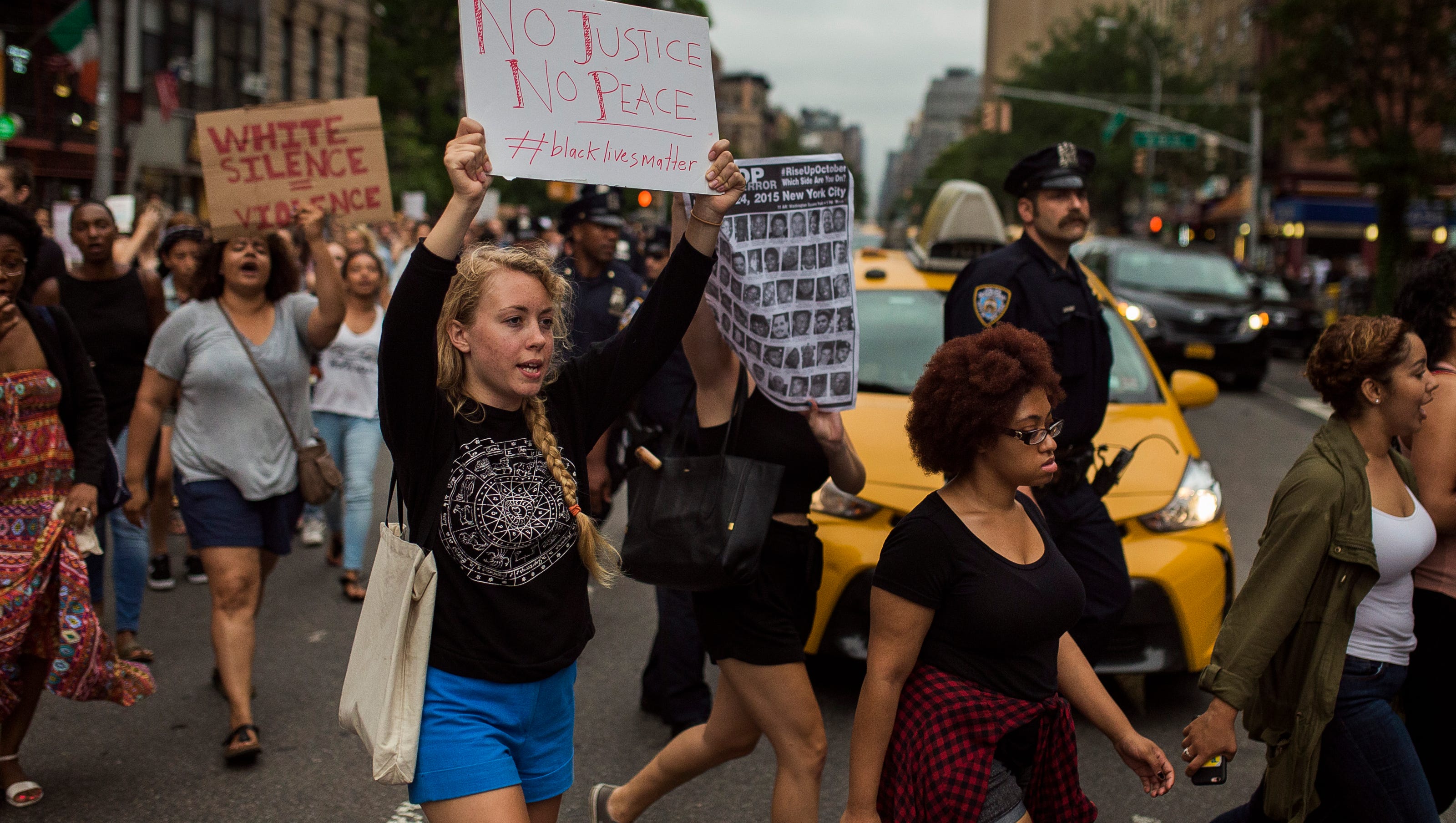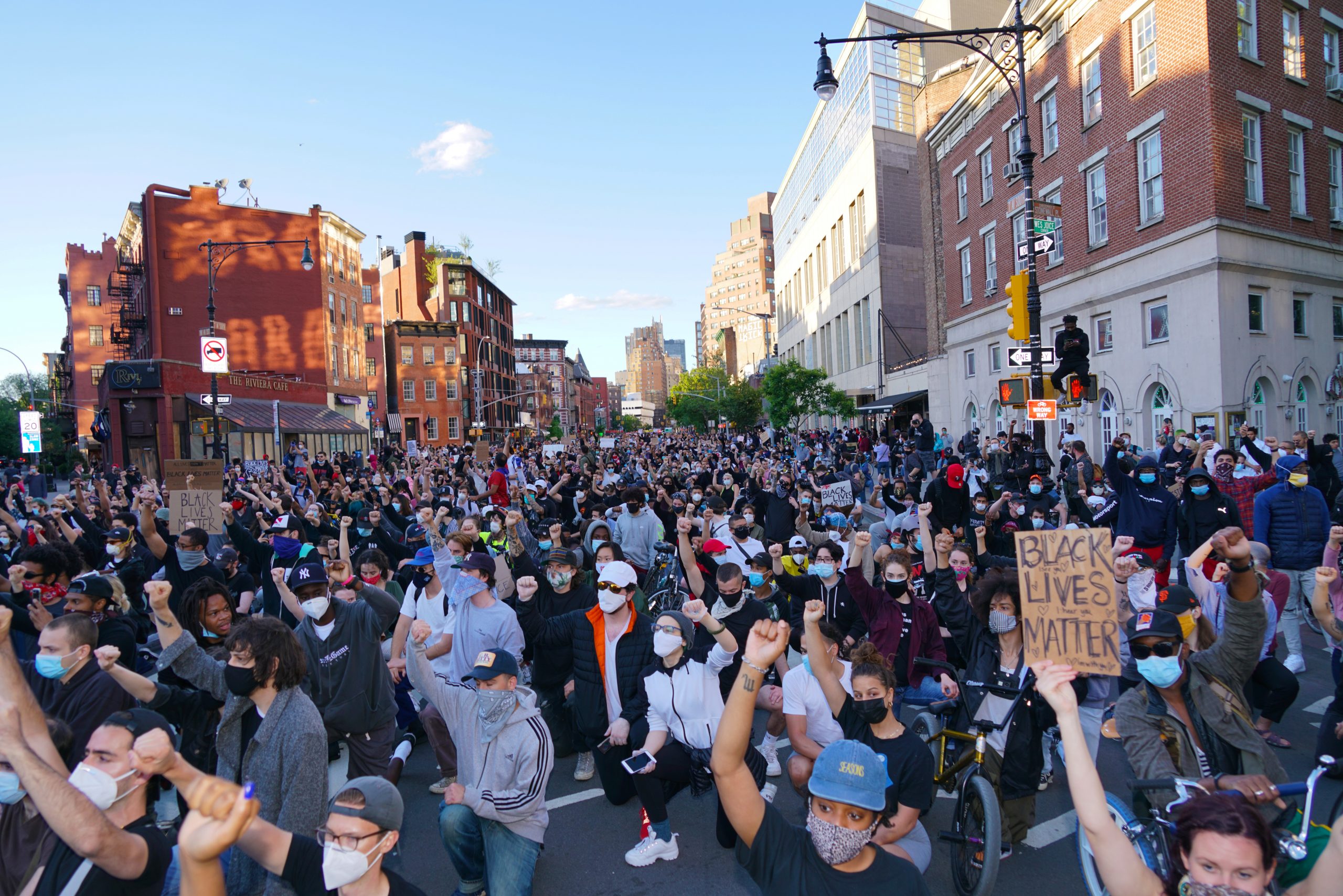NYC Protest Calendar: A Comprehensive Guide To Staying Informed And Engaged
Are you looking to stay informed about the latest social movements and civic actions in New York City? The NYC protest calendar serves as a vital tool for residents, activists, and visitors who want to participate in demonstrations, rallies, and community events. Whether you're passionate about climate change, racial justice, or workers' rights, this calendar helps you stay connected to causes that matter. With its ever-evolving schedule, the NYC protest calendar ensures you never miss an opportunity to make your voice heard.
Protests and demonstrations have long been a cornerstone of New York City's vibrant civic culture. From the historic Stonewall Uprising to modern-day climate marches, NYC has consistently been a hub for activism. The NYC protest calendar not only lists events but also provides context, helping participants understand the significance of each gathering. By engaging with this resource, you can align your actions with your values and contribute to meaningful change in the city and beyond.
In today’s fast-paced world, keeping track of events can be challenging. The NYC protest calendar simplifies this process by consolidating information from various sources into one accessible platform. Whether you're a seasoned activist or a newcomer to civic engagement, this guide will walk you through everything you need to know about the NYC protest calendar, including how to use it effectively, what to expect at events, and how to ensure your participation is impactful. Let’s dive into the details and explore how you can make the most of this invaluable resource.
Read also:The Remarkable Journey Of Konstantin Kisin Insights Achievements And Influence
Table of Contents
- What Is the NYC Protest Calendar and Why Should You Care?
- How to Use the NYC Protest Calendar Effectively?
- What Are the Most Common Types of Protests in NYC?
- How to Prepare for a Protest in NYC?
- What Are Your Legal Rights at Protests in NYC?
- How to Stay Safe During Protests in NYC?
- Where to Find Reliable Resources for the NYC Protest Calendar?
- Frequently Asked Questions About NYC Protests
What Is the NYC Protest Calendar and Why Should You Care?
The NYC protest calendar is more than just a list of events—it's a dynamic platform that empowers individuals to engage with the issues shaping their city and the world. By providing a centralized hub for protest-related information, it ensures that everyone, regardless of their background or experience level, can participate in civic actions. This calendar often includes details such as event dates, times, locations, and the causes being addressed, making it easier for activists to plan their involvement.
Why does the NYC protest calendar matter? For starters, it democratizes access to activism. In a city as large and diverse as New York, it can be overwhelming to keep track of all the movements and causes vying for attention. The calendar simplifies this process by curating events from grassroots organizations, advocacy groups, and community leaders. Whether you're passionate about environmental justice, LGBTQ+ rights, or affordable housing, the NYC protest calendar ensures that you can find events aligned with your values.
Moreover, the NYC protest calendar fosters a sense of community. By bringing together like-minded individuals, it creates opportunities for collaboration, networking, and collective action. Attending a protest isn't just about showing up—it's about connecting with others who share your commitment to change. The calendar also highlights the diversity of activism in NYC, showcasing events that range from peaceful marches to artistic demonstrations, ensuring there's something for everyone.
How to Use the NYC Protest Calendar Effectively?
Using the NYC protest calendar effectively requires a bit of strategy. With so many events listed, it's important to narrow down your options based on your interests, availability, and goals. Start by identifying the causes that resonate most with you. Are you passionate about climate change, racial justice, or workers' rights? Once you've pinpointed your priorities, you can filter the calendar to focus on relevant events.
Where to Find the NYC Protest Calendar?
The NYC protest calendar is available on various platforms, including social media, community websites, and dedicated activism portals. Some popular sources include Facebook event pages, Meetup groups, and local news outlets. Additionally, organizations like Indivisible NYC and the New York Civil Liberties Union (NYCLU) often maintain their own protest calendars, which can be a valuable resource for staying informed.
What Should You Look for in an Event Listing?
When browsing the NYC protest calendar, pay attention to key details such as the event's purpose, location, and time. Many listings also include information about the organizers, which can help you gauge the event's credibility. Look for events that align with your values and have clear goals. If possible, check for reviews or testimonials from past participants to ensure the event is well-organized and impactful.
Read also:Jared Padaleckis Abs How He Achieves His Iconic Physique
What Are the Most Common Types of Protests in NYC?
New York City is known for its diverse range of protests, each with its own unique style and purpose. Understanding the different types of protests can help you choose the ones that best suit your interests and comfort level. Here are some of the most common types of protests you'll find on the NYC protest calendar:
Marches and Rallies
Marches and rallies are perhaps the most recognizable forms of protest. These events often involve large groups of people walking through the city streets, chanting slogans, and holding signs. They are typically organized to draw attention to a specific issue and can range from peaceful demonstrations to more energetic gatherings. Marches and rallies are ideal for those who want to make a visible statement and connect with a larger community.
Die-Ins and Sit-Ins
Die-ins and sit-ins are more subdued forms of protest that involve participants lying or sitting in a public space to symbolize a cause. For example, a die-in might be organized to highlight the impact of gun violence, with participants lying on the ground to represent victims. These types of protests are powerful because they create a striking visual impact and often attract media attention.
Artistic Demonstrations
Artistic demonstrations combine activism with creativity, using performances, installations, and other forms of art to convey a message. These events are particularly popular in NYC, where the arts scene is thriving. Whether it's a street theater performance or a mural project, artistic demonstrations offer a unique way to engage with activism.
How to Prepare for a Protest in NYC?
Attending a protest requires more than just showing up. To ensure a safe and meaningful experience, it's important to prepare in advance. Here are some tips to help you get ready for your next NYC protest:
What to Bring to a Protest?
- Comfortable Clothing: Wear layers and comfortable shoes, as protests can last several hours.
- Water and Snacks: Stay hydrated and energized throughout the event.
- Signs and Materials: Create your own signs or banners to express your message.
- Emergency Contact Info: Write down important phone numbers in case you need assistance.
How to Stay Informed Before the Event?
Prior to attending a protest, review the event details on the NYC protest calendar and check for updates from the organizers. It's also a good idea to research the cause and understand the goals of the demonstration. This will help you engage more meaningfully with the event and answer any questions you might have.
What Are Your Legal Rights at Protests in NYC?
Understanding your legal rights is crucial when participating in protests. In NYC, you have the right to assemble peacefully and express your views, but there are certain guidelines you should follow to avoid legal issues. For example, protests on public sidewalks and parks generally do not require permits, but larger gatherings may need approval from the city.
What Should You Do If You’re Stopped by Police?
If you're stopped by law enforcement during a protest, remain calm and polite. You have the right to ask why you're being detained and to request legal representation. It's also important to know that you can film or photograph police activity in public spaces, as long as you're not interfering with their duties.
How to Handle Arrests or Detentions?
In the event of an arrest, stay silent and avoid resisting. Contact a lawyer or legal aid organization as soon as possible. Groups like the NYCLU offer resources and support for individuals who encounter legal challenges during protests.
How to Stay Safe During Protests in NYC?
Safety should always be a top priority when attending a protest. While NYC protests are generally peaceful, it's important to take precautions to protect yourself and others. Here are some tips to help you stay safe:
What Precautions Should You Take?
- Stay Aware of Your Surroundings: Keep an eye out for potential hazards or escalating situations.
- Stick with a Group: Attend protests with friends or family members to ensure mutual support.
- Have an Exit Plan: Know how to leave the area quickly if needed.
How to Handle Emergencies?
In case of an emergency, identify safe spaces or nearby businesses where you can seek refuge. It's also a good idea to carry a first aid kit and know basic first aid techniques. If you're part of an organized group, designate a meeting point in case you get separated.
Where to Find Reliable Resources for the NYC Protest Calendar?
Accessing reliable resources is key to making the most of the NYC protest calendar. Here are some trusted platforms and organizations that provide up-to-date information on protests and civic actions:
Frequently Asked Questions About NYC Protests
What Should I Do If I Can’t Find an Event on the NYC Protest Calendar?
If you can't find an event on the NYC protest calendar, consider reaching out to local advocacy groups or checking social media platforms for updates. Sometimes smaller events may not be listed on mainstream calendars but are still accessible through grassroots networks.
How Can I Verify the Legitimacy of a Protest?
To verify the legitimacy of a protest, research the organizers and look for reviews or testimonials from past participants. Reputable organizations and well-known activists are generally trustworthy sources.
Can I Bring My Children to a Protest?
Yes, many protests are family-friendly, but it's important to assess the event's tone and potential risks before bringing children. Always prioritize their safety and comfort.
Conclusion
The NYC protest calendar is an invaluable tool for anyone looking to engage with activism in New York City. By staying informed and prepared, you can make a meaningful contribution to the causes you care about. Whether you're attending your first protest or are a seasoned activist, this guide has provided the insights and resources you need to navigate the vibrant world of NYC activism. Remember, your voice matters, and the NYC protest calendar is here to help you make it heard.
Discover The World Of Cate Wurtz Art: A Journey Into Creativity And Inspiration
Exploring The World Of Alinity Adult Stream: A Comprehensive Guide
Josh Michelle Tinder: The Ultimate Guide To Their Journey And Impact

Take Action Nyc Protest Calendar Danita Brandea

Nyc Protest Or Rally Events Calendar Danita Brandea